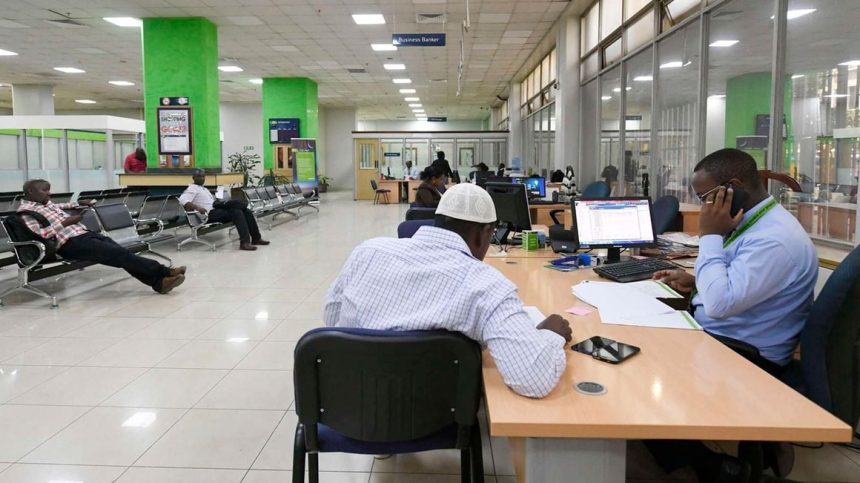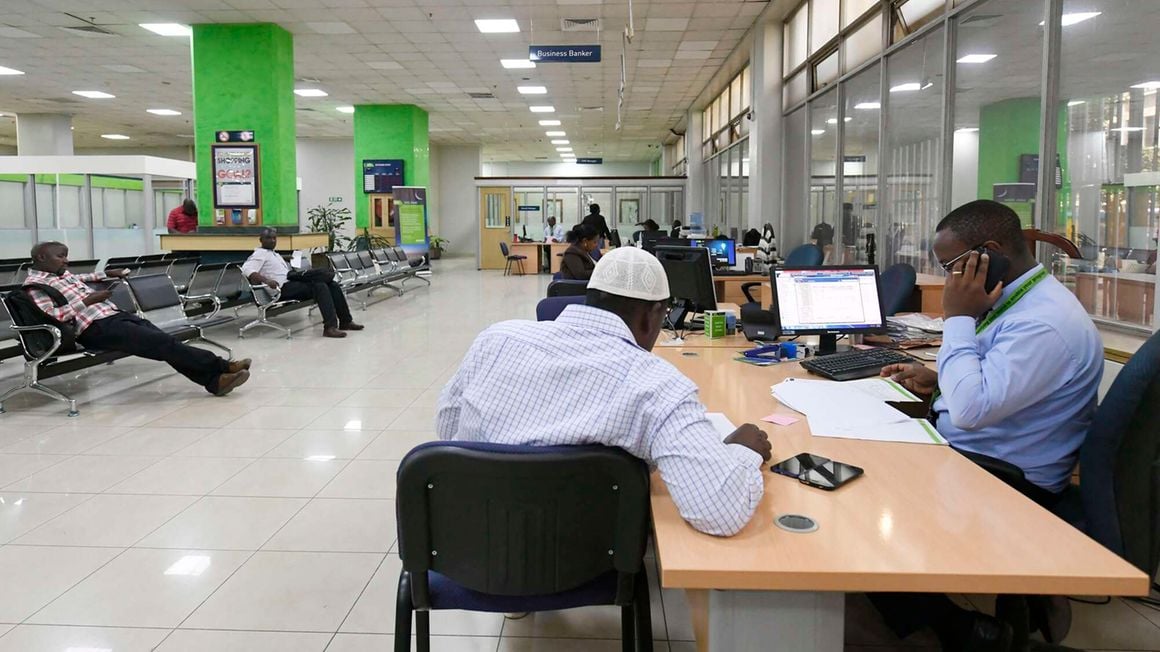KCB Group spent Sh1.5 billion on a staff voluntary exit programme in the half year ended June, even as it took advantage of the process to bring in new employees with on-demand skill sets, growing the headcount by 779.
The staff rationalisation programme impacted about 400 employees, coinciding with the period KCB Bank Kenya and National Bank of Kenya (NBK) units started running on the same back-end system.
KCB Group chief executive Paul Russo said the process was not about cutting staff numbers but allowed the group to bring in skills on demand, leading to the growth in the group’s headcount from 11,098 in December 2022 to 11,877 as of June.
“This was not about cutting headcount. KCB Kenya has, for example, been hiring IT resources. We have brought in close to 250 IT specialists to support Kenya and the group,” said Mr Russo in an interview with the Business Daily.
“So, the headcount was going to grow. But then there are staff who say ‘give us an opportunity to drop off from the bus’ and you have to open that window, not to reduce staff costs but to refresh the team.”
KCB Kenya and NBK added 708 jobs in the six-month period followed by Uganda (33), South Sudan (27), Tanzania (22), DRC Congo (20) and Burundi, which added eight.
Rwanda, where KCB acquired a controlling stake in Banque Populaire du Rwanda and merged it with existing operations, KCB Bank Rwanda, was the only unit where headcount dropped (39).
“Rwanda (fall in headcount) is deliberate because we brought two entities together. We chose to go for natural attrition when we were merging the system, as opposed to laying off,” said Mr Russo.
The staff rationalisation programme, added to about Sh3.5 billion legacy legal claims and writing off of part of non-performing loans, led to about Sh12.9 billion one-off costs for the group.
The one-off costs, added to a 2.4 times jump in provisioning for loan losses to Sh10.2 billion, contributed to the jump in operating costs by 60 percent to Sh50.6 billion to cut the group’s profitability.
Staff costs rose by 24 percent to Sh17.5 billion mainly on the annual salary review and consolidation of Trust Merchant Bank that was acquired last December, according to Mr Russo.
KCB net profit retreated to Sh15.6 billion from Sh19.5 billion posted in the preceding similar period as the ramp-up in provisions overshadowed earnings from the mainstay business, where revenue grew by 22.2 percent to Sh73.1 billion.
KCB Group managed to improve its NPL ratio to 17.4 percent compared with the 21.5 percent it had in the half year ended June last year, pointing to the gains of a special committee that Mr Russo picked to address loan defaults.
“Looking ahead, noting the actions we have taken and with significantly improved liquidity, business focus is on accelerated performance in the second half of the year while supporting the distressed customers.”




